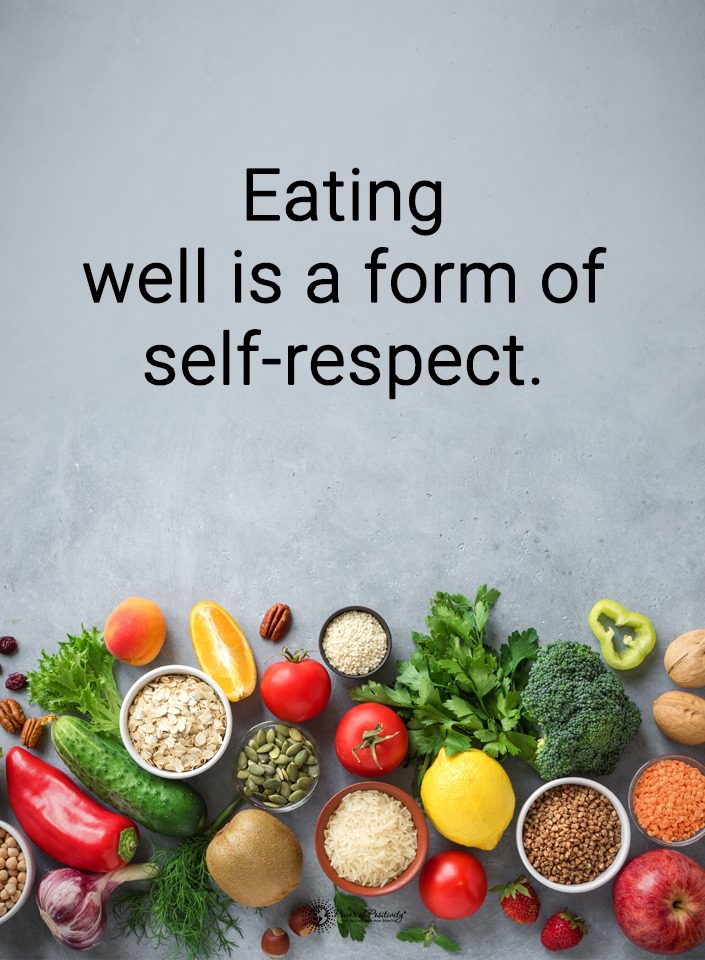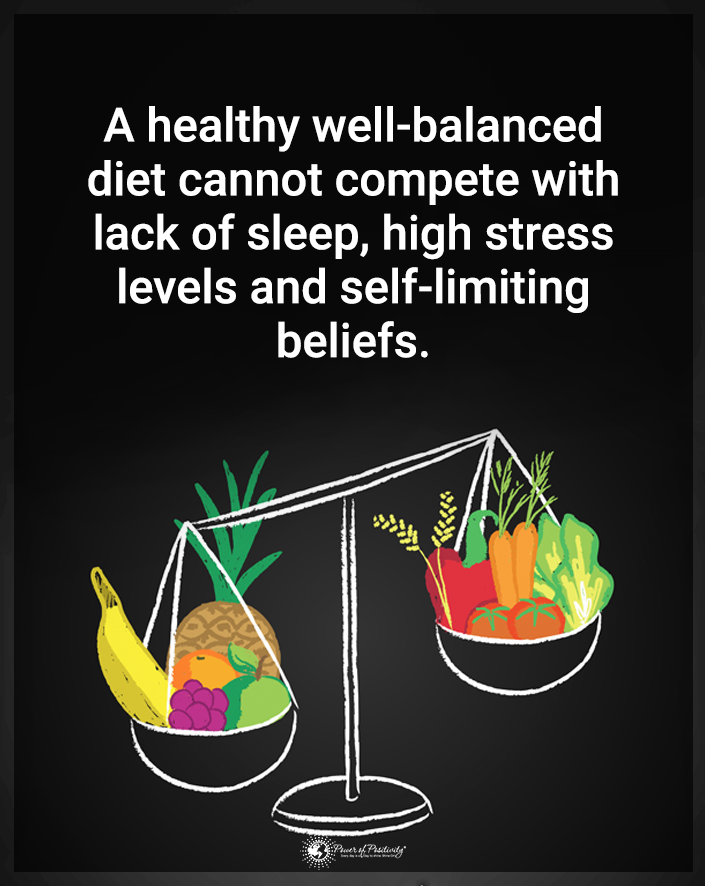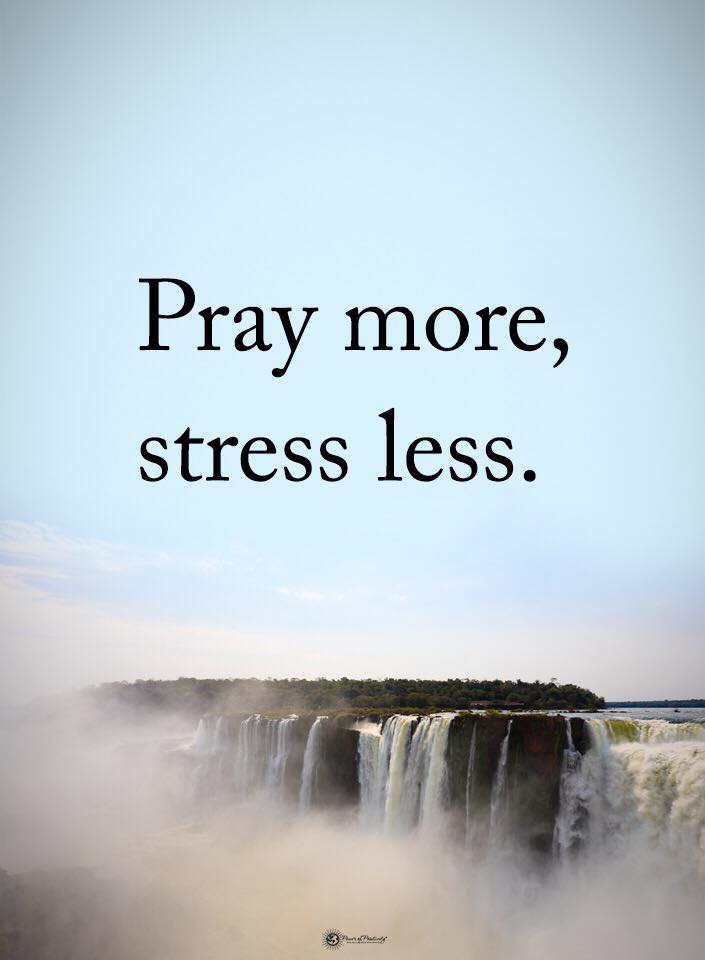Postprandial somnolence is the scientific term for some people’s shared experience of feeling sleepy after eating a meal. It’s challenging if you struggle to stay awake at work after you eat. It causes you to lose focus and lack motivation. You may be curious about what causes the common health issue of food exhaustion.
Here are reasons why scientists think you feel tired after eating.
Why People Feel Tired After Eating
It’s a typical experience because it takes your digestive system several hours to digest a meal. Thus, it’s normal to feel drowsy after eating. If you go back to work after lunch, you’ll notice this because you need to focus on your job. Don’t worry too much, but be aware of what you’re eating and how it affects you. Here are some other factors.
1 – You are eating big meals
Did you know it takes your body two to three hours to digest a meal? Your body is working full time to digest the food you eat. Enjoying a heavy meal while your body breaks down an earlier meal slows down your system. This leads to feeling tired and sluggish. Consuming less helps you not feel so full, and you won’t feel as sleepy later.

2 – Your body makes too much serotonin
Some people feel tired after eating because their bodies produce too much serotonin. This hormone regulates your sleep and moods. Although it’s a good hormone to have, too much of it causes drowsiness, tiredness, and even feelings of a lack of motivation. So, be aware of eating foods rich in serotonin, including
- Pineapple
- Cheese
- Eggs
- Tofu
- Soy products
- Turkey
- Chicken
- Nuts and seeds
- Salmon
If you notice feeling tired at work after lunch, try to avoid these foods that could increase your serotonin levels.
3 – You enjoy eating foods with tryptophan
This amino acid comes in protein-packed foods like cheese, turkey, fish, chicken, and eggs. Eating a meal that contains these foods will make you feel sleepy because they’re high in tryptophan.
4 – Blood sugar dips
When you eat, your blood sugar goes up, but your blood sugar drops back down as the insulin releases into your bloodstream. This drop causes you to feel sluggish and tired. Some people have a health issue that causes low blood sugar after dining. It’s called postprandial hypoglycemia21. This triggers drowsiness and feelings of weakness.
5 – You eat high-fat foods
Eating high-fat processed foods is another cause of food coma after a meal. Scientists aren’t sure why high-fat meals cause drowsiness. But eating a lighter meal with whole grains, low-fat proteins, fresh vegetables, and crisp fruits can help you avoid this mid-day sleepiness. Try eating whole foods like these:
- Avocados
- Peanut butter
- Vegetables and vegetable oils
- Brown rice or quinoa
6 – You don’t get enough sleep
A significant contributor to daytime drowsiness is not getting enough sleep at night. If you have trouble sleeping at night, it throws off your circadian rhythm so that your body is off all day, and you’ll feel tired, especially after consuming your mid-day meal. Aim for at least 7 to 8 hours of sleep every night to help offset feeling tired during the day after you eat.
7 – You drink alcohol with your meals
Alcohol contributes to tiredness after eating. It makes you feel sluggish and tired when combined with a meal. Even though you feel like drinking helps you fall asleep, sleep quality is worse. Avoid drinking alcohol with your meals if you want to avoid a daytime slump.
8 – You have thyroid problems
Individuals with an underactive thyroid condition are prone to feeling tired after a meal. This is because your body’s metabolism slows down, making you feel fatigued. You may also experience dry skin, moodiness, and constipation.
9 – You’re drinking too much caffeine
A steamy cup of coffee in the morning is a great way to start your day. But if you drink too much coffee and other caffeinated drinks, it may lead to health issues. Overdoing the caffeine can lead to
- Poor sleep
- Irritability
- Jitteriness
- Sluggishness
- Leads to heart problems
- Anxiety
Keep tabs on how much caffeine you drink during the day to avoid feeling tired after eating.

10 – You take medications for another health issue
Certain medications cause drowsiness after you eat. If you take medications, read the side effects and understand the best times of day to take your meds. It may help to carry them around bedtime to avoid daytime drowsiness.
11 – You don’t eat enough
If you don’t eat enough during the day, you’ll feel tired when you eat a meal. This is because skipping meals makes your energy levels drop. When you finally eat, you tend to overeat, which causes your body to overwork while digesting your food. This leads to tiredness.
12 – You need to exercise more frequently
It sounds counterintuitive, but getting more exercise gives you more energy. When you’re not getting enough exercise, you will lack the power to do your daily tasks. Lack of exercise also makes your digestive system sluggish, so you gain weight and feel even more tired.
13 – You’re dehydrated
Dehydration could be the reason you’re feeling so tired after eating. Lacking enough fluids makes you feel tired and lethargic. Remember to drink an adequate amount of water all day to avoid dehydration, especially in the hotter summer months. Most adults should drink at least eleven to fifteen cups of water a day.
14 – You’re eating sugary meals
Sugar and processed carbs make your blood sugar levels rise, then crash shortly afterward. Skip the candy bar after lunch and eat a handful of berries instead.
15 – You lack specific vitamins and minerals
Another reason you feel so tired after eating could be a shortage of specific vitamins and minerals. You can get your blood work checked to see if you’re low in vitamins and minerals such as
- B12
- Vitamin D
- Magnesium
- Iron
- Zinc
- Coenzyme Q10 (CoQ10)
- Creatine
16 – You may have an undiagnosed health issue or medical condition
If you upped your exercise, changed your diet, and tried to plan for smaller meals. Still, you feel exhausted after dining–you may have a health issue. If tiredness prevents you from being able to do your daily tasks, talk to your doctor. Your extreme fatigue after eating could be chronic. You may struggle with a health issue, such as the following:
- Allergies, especially food allergies
- Anemia
- Celiac disease
- Diabetes
- Anemia
How Do You Counteract Food Exhaustion After Eating?
If it’s a challenge to stay awake after eating a meal, some suggestions may help you.
- Don’t eat big meals a day: Try eating mini-meals throughout the day. Avoid sugary, high-fat snacks. Instead, choose to eat fruits, lean proteins, or vegetables.
- Eat smaller portions: Eat half as much as you normally would eat. This makes it easier for your body to digest the good. You’ll have short bursts of energy from eating instead of feeling tired after eating a big meal.
- Get enough sleep at night: Try to keep a regular bedtime, and avoid things that disrupt your ability to sleep, like blue screens before bedtime, snacking too late in the evening, or drinking caffeine too close to bedtime. Take a quick power nap only if you need it.
- Exercise: A short walk around the neighborhood or doing some exercises helps your blood sugar levels stay up and gives you energy. Take a walk after you eat a big meal. This can help your body digest better.
- Eat a balanced diet: If you’re struggling with fatigue after you eat, it could be that you’re not eating well. Focus on healthy proteins, whole grains, fruits, and non-starchy veggies.
- Don’t drink too much caffeine: Avoid drinking too much caffeine during the day. It may help you function during the day, but it’ll keep you awake at night, disrupting your rest. This makes you tired the next day and prone to drowsiness, especially after a meal. Read drink labels. Many low-calorie drinks contain caffeine, even some seltzer waters. Certain herbal teas have caffeine, too.
- Bright light therapy: Studies show that exposure to bright light lamps could help counteract sleepiness after meals. Researchers are still studying how to apply this to work settings, but they think using a bright light therapy could have a future impact on workers.
Final Thoughts on Identifying the Health Issue That Makes You Feel Drowsy After You Eat
It’s no laughing matter if you struggle with feeling sleepy after eating. It’s challenging to get your work done when you lack focus and feel moody and lethargic. Researchers are trying to understand all the causes of postprandial somnolence, but it’s usually because you’re eating too high fat, sugar, processed foods, and too large portions for your meals. Be aware that you could have a health issue causing a food coma after eating. Check this list of typical reasons you may feel tired after eating. Try some suggestions on avoiding post-meal drowsiness to see if they help. If not, be sure to speak with your doctor, who can diagnose any health issues that may cause you to feel exhausted and tired after you eat.
The post Science Reveals Why You Feel Tired After Eating appeared first on Power of Positivity: Positive Thinking & Attitude.








